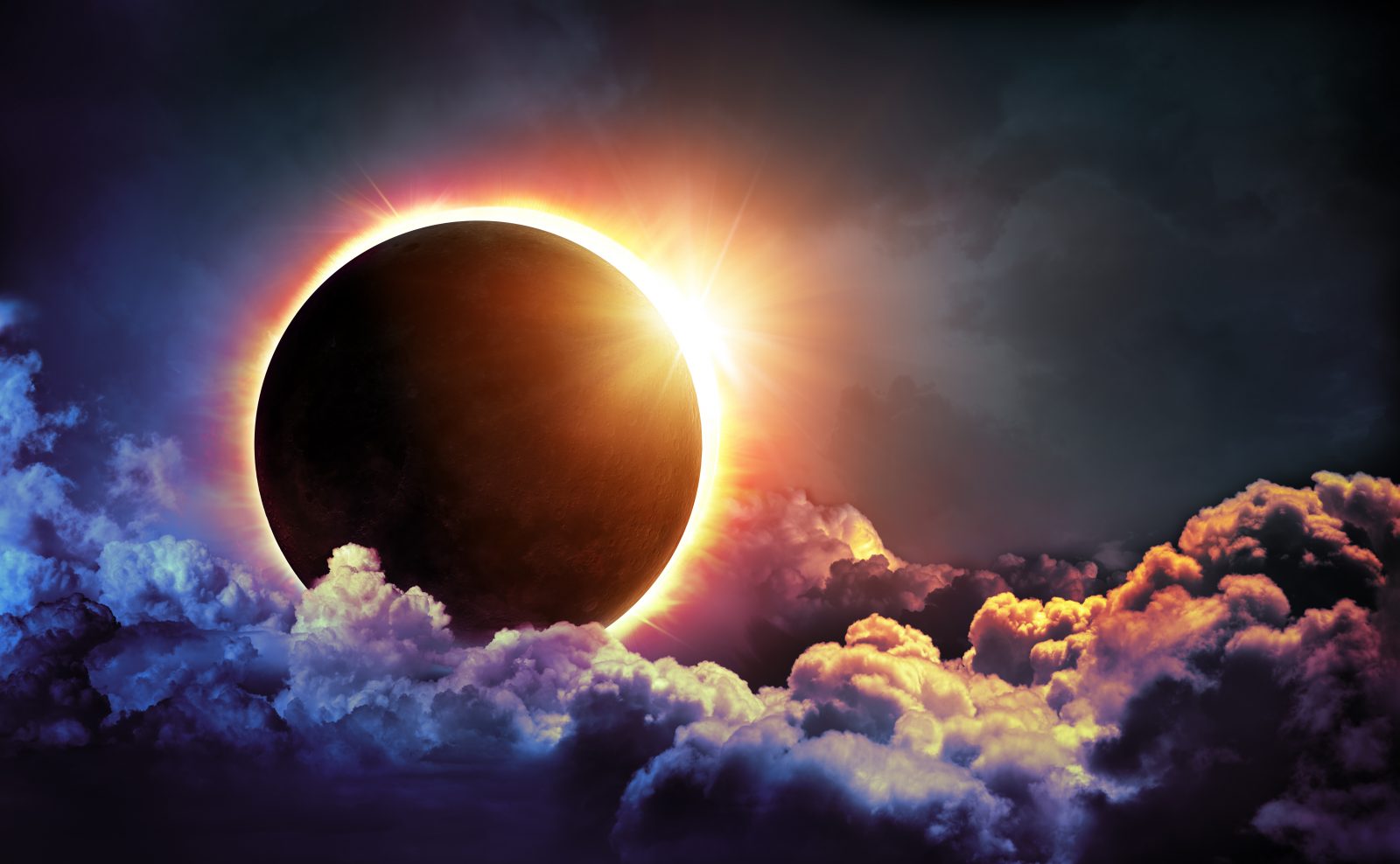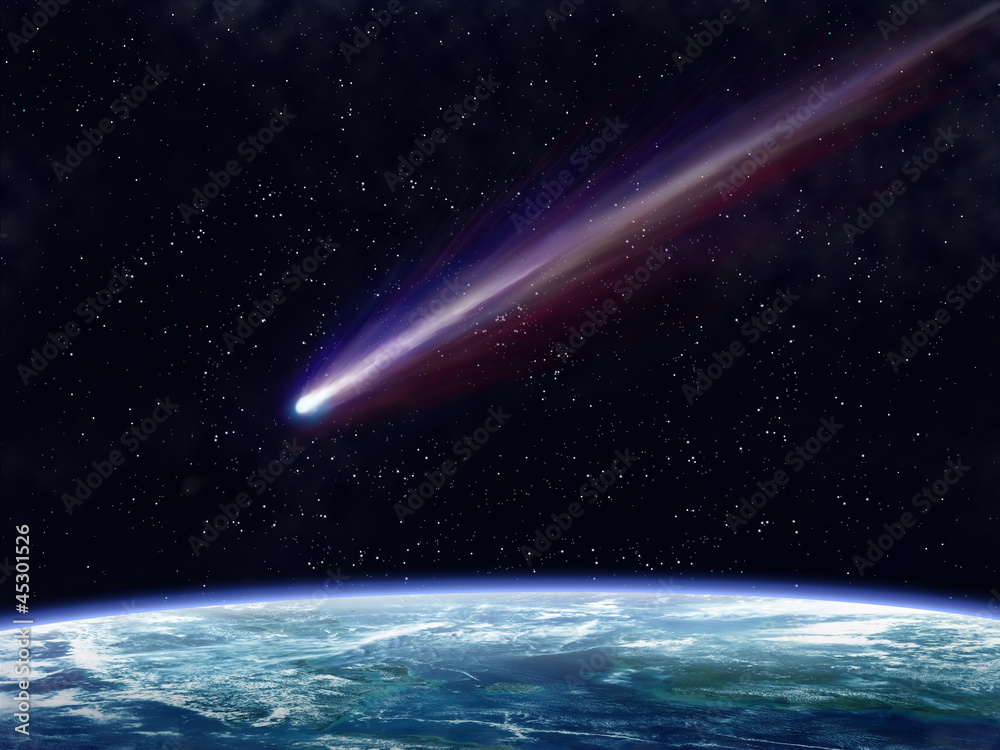


It Came from Outer Space? Astrobiologist: Not Likely
On today’s ID the Future astrobiologist Guillermo Gonzalez and host Casey Luskin discuss the idea of undirected panspermia. Gonzalez explains the basic idea and what the best current evidence says about its plausibility. The occasion is his chapter on panspermia in the new anthology A Comprehensive Guide to Science and Faith, co-edited by Casey Luskin, associate director of Discovery Institute’s Center for Science and Culture. Undirected panspermia is the idea that the first life on our planet came from outer space, carried by chance processes from a faraway living planet on space dust, asteroids, or comets either from within our solar system, or from another star system to here. The idea of panspermia was inspired by the extreme difficulty of satisfactorily explaining the chance origin of life on planet Earth. Two of the idea’s earliest proponents, Gonzalez notes, were the scientists Lord Kelvin and Svante Arrhenius, each with a different take. Gonzalez argues that our increasing knowledge about the conditions of interstellar space renders the idea of life successfully hitchhiking around trillions of miles and millions of years from a faraway star system to our big blue marble unlikely in the extreme.

Carl Sagan Wrong about “Pale Blue Dot,” Says Astrobiologist
On today’s ID the Future, astrobiologist Guillermo Gonzalez unpacks one of his chapters in the new book The Comprehensive Guide to Science and Faith, edited by episode host Casey Luskin. Gonzalez and Luskin look at how our atmosphere as well as the sun, moon, distance from our host star, and position in the Milky Way are all curiously fine tuned not only for life but also for allowing Earth’s human inhabitants to observe and discover things near and far about nature. It’s as if a master designer made the Earth not merely for life but for curious and intelligent beings. What about the fact that Earth is such a tiny part of a vast universe, a “pale blue dot” as atheist astronomer Carl Sagan put it? Gonzalez fields that objection and uses diamonds to illustrate his point.

Our Finely Tuned Planet Suggests More than Dumb Luck
Today’s ID the Future spotlights Canceled Science: What Some Atheists Don’t Want You to See with a focus on the book’s look at our privileged planet Earth, and how its location in the galaxy and solar system, as well as various unusual features, makes it strikingly fit for life. Is it just “dumb luck,” as one scientist put it? Host Eric Anderson continues his multi-part conversation with the book’s author, Biola physics professor Eric Hedin, who suggests that “dumb luck” is more of a cop-out than an explanation, and that when one takes all the evidence together, a better explanation for our finely tuned place in the cosmos is a fine-tuner, a designing intelligence. It’s just a taste of the deeper yet extremely accessible dive Hedin makes in his new book, available at Amazon, Barnes & Noble and other online booksellers.